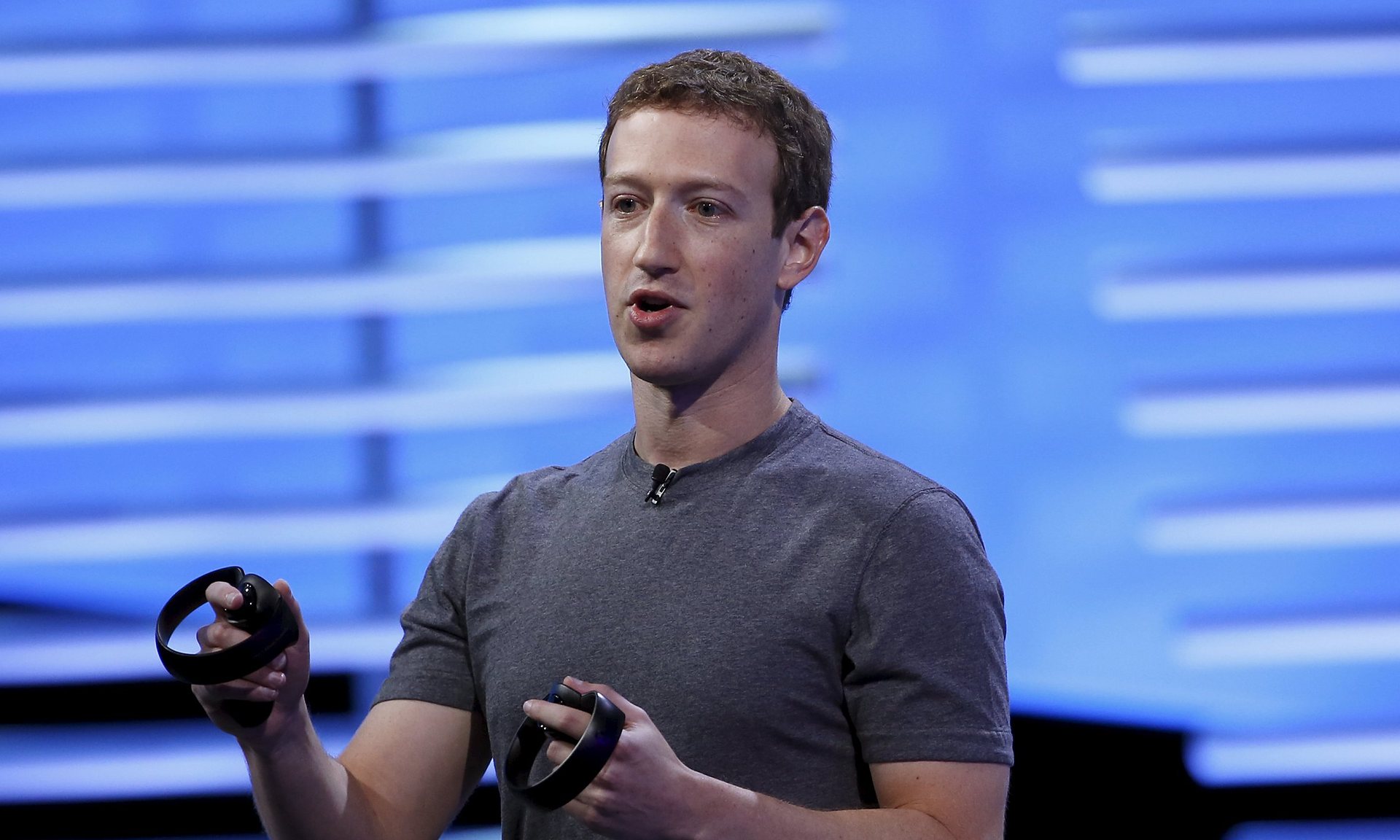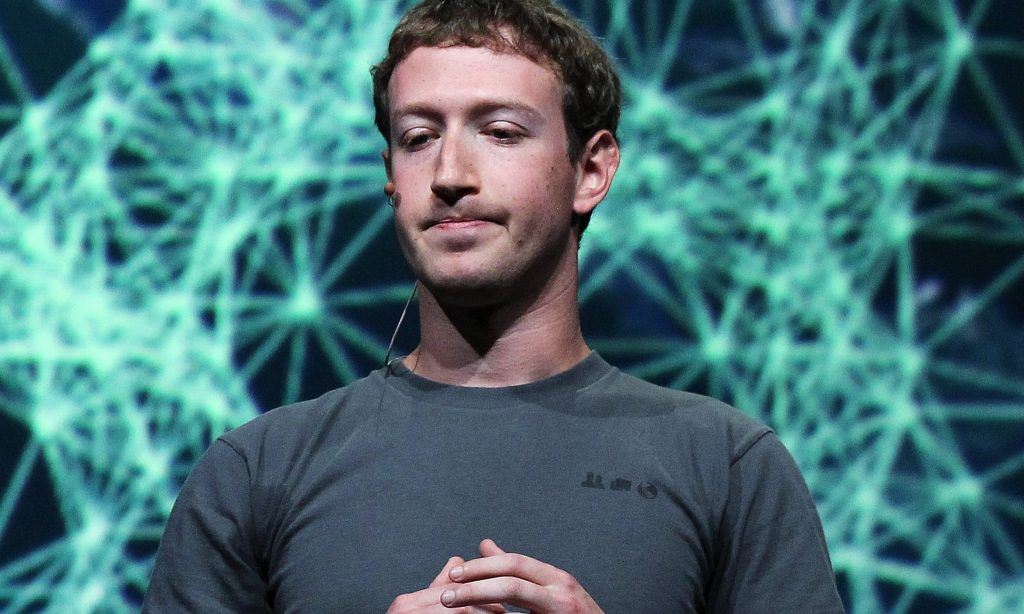If you’re doing it right, entrepreneurship will never get easier, no matter what you accomplish. There will always be new challenges to tackle. Mark Zuckerberg’s 2018 New Year’s challenge is proof of that.
As is his tradition, the Facebook co-founder yesterday shared his New Year’s resolution on the platform. In 2015, Zuckerberg said he would be reading a new book every other week. 2016 saw him building an AI program to run his home. In 2017, Zuckerberg hit the road on his own version of a listening tour as he traveled to the American states he had yet to visit.
But if his 2017 resolution was a response to, as Zuckerberg characterized it, the “tumultuous” nature of 2016, it seems that his 2018 challenge is meant to reckon with Facebook’s role in contributing to that general feeling. Consider also that 2017 saw both increased scrutiny of Facebook’s moderation practices and its general counsel — along with counterparts at Twitter and Google — testify before Congress about how the tech platform was used by Russian actors to influence the outcome of the 2016 presidential election.

In his post, Zuckerberg reflects back on when he started issuing these challenges to himself in 2009. He recalls the difficulties of growing a not yet profitable Facebook in the midst of recession. So heavy did the concerns weigh on him that the then 25-year-old CEO traded in his hoodie for a tie every day. Zuckerberg noted that 2018 feels much like the early days of the company, in that there is still much work to be done, albeit for slightly different reasons.
At the beginning of 2009, Facebook had 150 million active users. As of the end of June 2017, the company had reached the 2 billion mark. If Zuckerberg has his way, that number will only continue to grow. There is no doubt that Facebook is a global force and the events of 2016 and 2017 only served to throw that into sharper relief. But it seems that in order to move forward, Zuckerberg is recentering the company’s original mission in his efforts to take on the new challenges ahead, and prevent those challenges from affecting the company’s bottom line.

